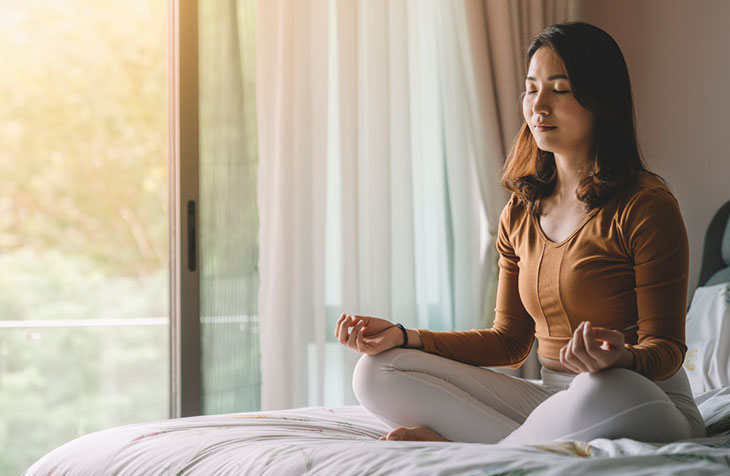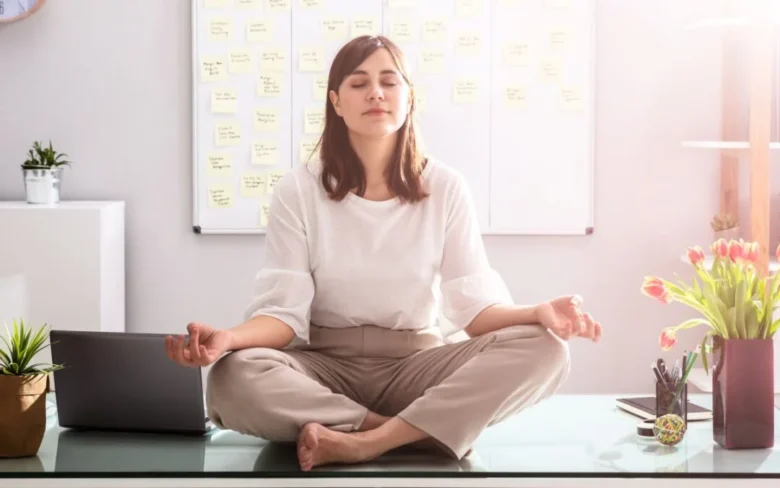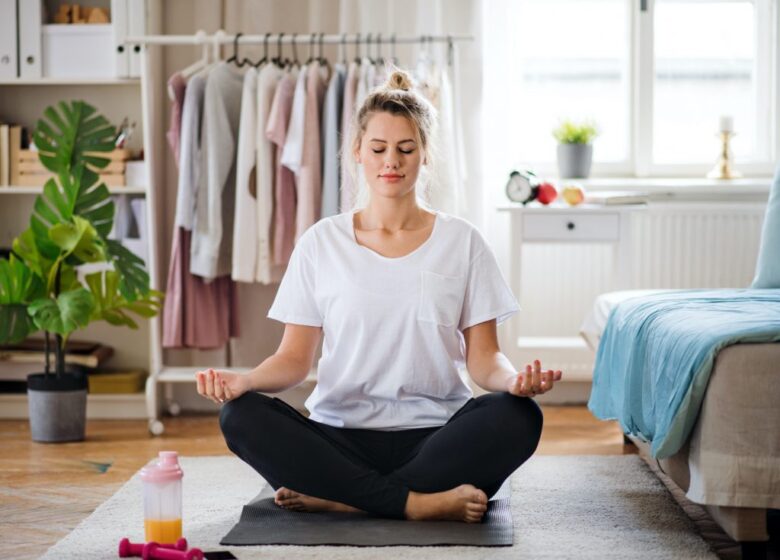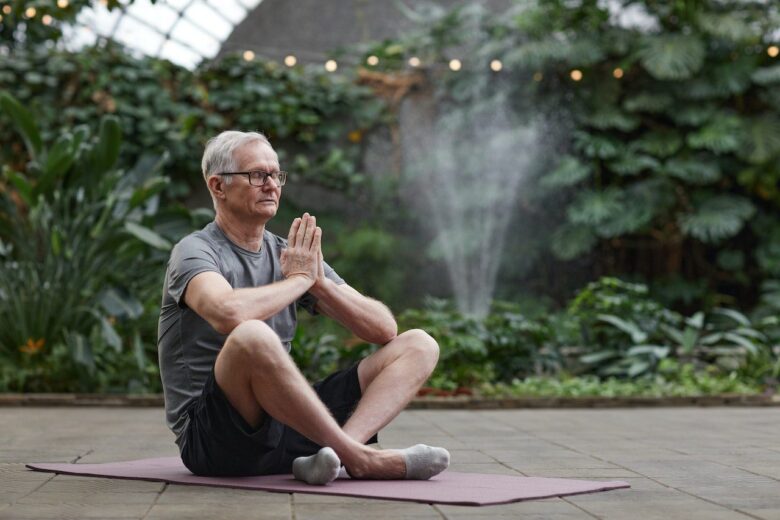Self-care is a holistic practice, encompassing activities that benefit one’s physical, mental, emotional, and social wellbeing. Self-care could include anything from practicing mindfulness or seeking therapy sessions to exercising regularly to cultivating healthy relationships or setting professional boundaries. Many individuals find it challenging to prioritize their own needs due to a lack of energy, finances …
Whenever you feel that your energy reserves are depleting and you find yourself struggling to complete all your obligations or giving all of it to others, perhaps it’s time for you to prioritize yourself first. Making time to care for yourself can help increase emotional resilience and decrease stress levels. Start small, meaningful habits of …
Prioritizing mental health can help individuals better navigate the responsibilities of daily life. This includes efficiently completing household chores, maintaining relationships and engaging in meaningful activities. People living with mental illnesses are all around us – in our homes, teaching our children, working next door in cubicles and sitting in church pews. To break stigma …
Stress and anxiety are natural responses to life’s challenges. However, when these feelings become overwhelming or chronic, they can negatively affect mental and physical health. Managing stress and anxiety is crucial for maintaining balance and well-being. The good news is that there are effective strategies to cope with and reduce these feelings. In this guide, …
Mental and physical health are closely connected, influencing each other in powerful ways. A strong mind supports a healthy body, while physical well-being contributes to emotional stability and mental clarity. When one aspect is neglected, the other often suffers, leading to imbalances that can affect overall quality of life. Understanding this relationship can help you …
Mental health is an important part of general health, but many people don’t realize how important it is until their conditions get really bad. Mental illnesses can get worse over time, so it’s important to spot early warning signs and deal with them before they get worse. Getting help for worry, sadness, or other mental …
Mental health is just as important as physical health, yet it is often overlooked in daily life. Maintaining strong mental health requires intentional habits, self-awareness, and a commitment to self-care. Developing a stable mindset can help reduce stress, improve resilience, and enhance overall well-being. By incorporating simple but effective strategies into your routine, you can …
Self-care is more than just a buzzword; it’s an important way to stay physically, mentally, and socially healthy. Organized self-care can reduce stress, increase happiness, and improve overall health. Yet, many people struggle to develop effective and lasting self-care habits. To develop an effective self-care routine, you need to be consistent, practice it, and know …
In today’s fast-paced world of stress and distractions, mindfulness has proven to be an effective way to improve mental health. Being fully present in the present moment, without judgment or distraction, is what mindfulness is all about. By focusing on your thoughts, feelings, and surroundings, you can feel calmer and more emotionally stable. Numerous studies …
In today’s busy world, stress, worries and negative thoughts can take over. But a positive attitude can have a big impact on your mental health. Positive thinking doesn’t mean avoiding problems; it means facing them with a positive and helpful attitude. Research shows that a good mood is good for your mental health, making you …










